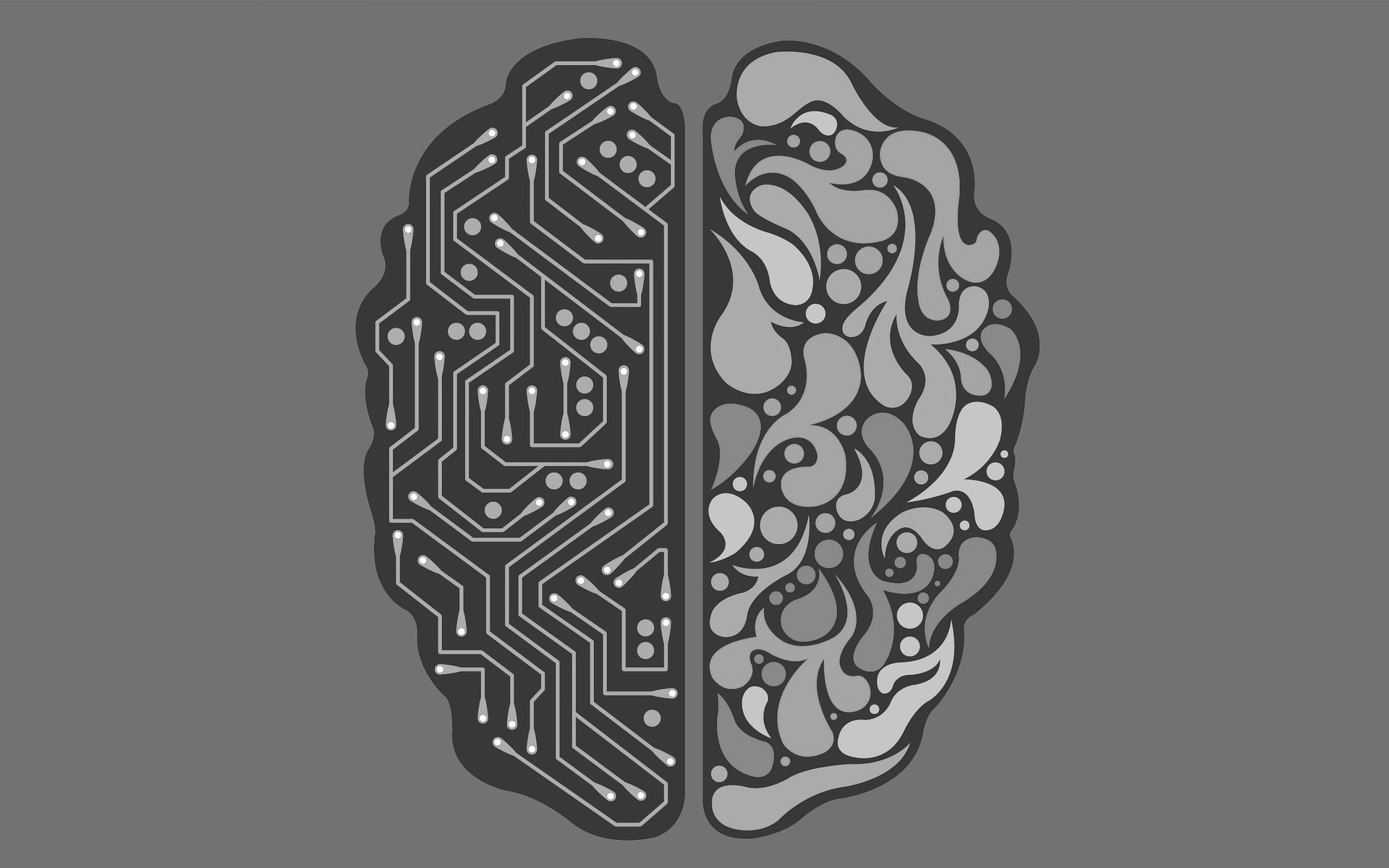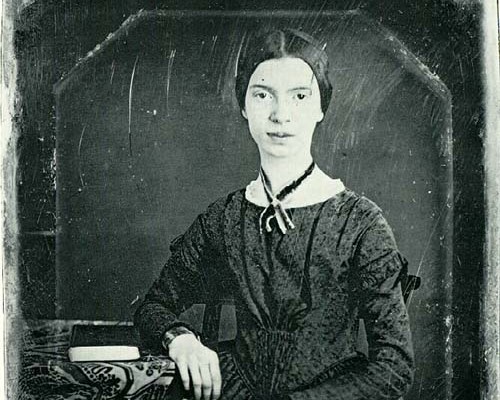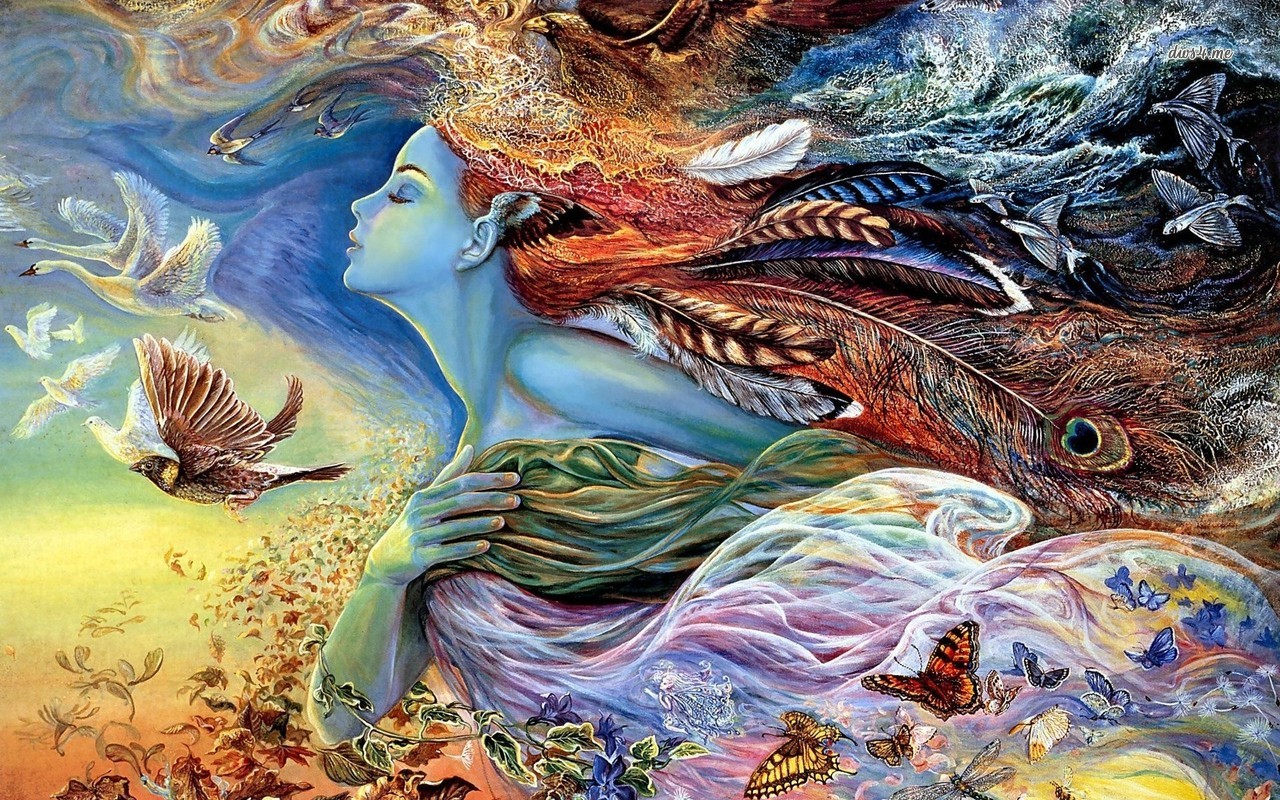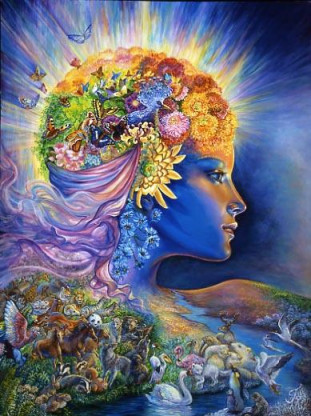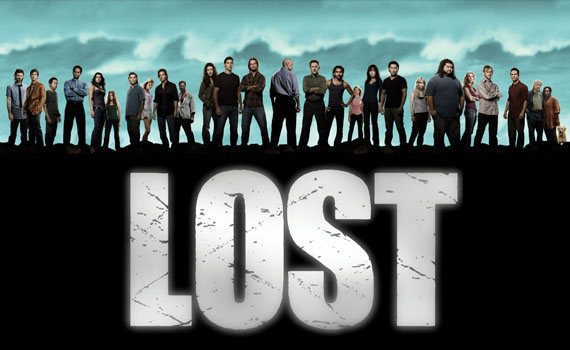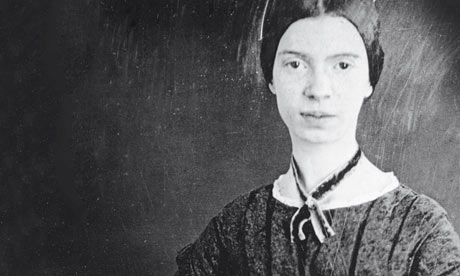Emily Dickinson was born on December 10, 1830, in Amherst, Massachusetts. She attended Mount Holyoke Female Seminary in South Hadley, but only for one year. Throughout her life, she seldom left her home and visitors were few. The people with whom she did come in contact, however, had an enormous impact on her poetry. She was particularly stirred by the Reverend Charles Wadsworth, whom she first met on a trip to Philadelphia. He left for the West Coast shortly after a visit to her home in 1860, and some critics believe his departure gave rise to the heartsick flow of verse from Dickinson in the years that followed.
While it is certain that he was an important figure in her life, it is not clear that their relationship was romantic—she called him “my closest earthly friend.” Other possibilities for the unrequited love that was the subject of many of Dickinson’s poems include Otis P. Lord, a Massachusetts Supreme Court judge, and Samuel Bowles, editor of the Springfield Republican.
‘My Life Closed Twice Before Its Close’ is a short poem by Emily Dickinson dealing with the pain of loss. The poem consists of two stanzas of 4 lines each. It follows a rhyme scheme of ABCB.
When the poet says her life ‘closed twice’, she is, in all probability, referring to deaths of two people who were very close to her. Their loss was a harsh blow upon her spirit. Such was her connection to them, and so deep was her love and affection, that their deaths caused a part of her to die too. Hence, although the poet is still living, it is a life that has already experienced death intimately.
Emily Dickinson was no stranger to death. Loss of loved ones was a constant theme in her life. Two significant death’s that caused her much torment were the death of her second cousin Sophia Holland in 1844, when Emily was 14, and the death of Leonard Humphrey, the Amherst Academy (where the poet was a student) principal and a good friend of the poet, in late 1840s, when she was around 20. However, it is not clear if it is to the deaths of these two people or that of others that she refers to in the poem.
Considering that it is not clear when the poem was written, it could also have referred to the death of her parents. Her father Edward Dickinson died of a stroke in 1874, her mother died of various chronic illnesses in 1882.
The poet wonders if she would have to encounter another such grievous blow in her remaining life. She uses an interesting phrase ‘If immortality unveil’. Being alive, while close ones are dying around her, makes her feel immortal, in a joyless way. It was as if death was somehow avoiding her. This is somewhat similar to a phenomenon called ‘Survivor’s Guilt. There is sadness and perhaps even guilt associated with her immortality.
This ‘third event’ would also be equally unexpected and devastating as the previous two deaths.
The next couple of lines are profound and clever at the same time.
‘Parting’ refers to the loss of a loved one, which the poet has experienced. Our closest connection with heaven while we are still alive would be through the death of a near one. The ceremonies and rituals after death, allow us to visualize the soul ascending to heaven. Thus the poet makes the point that it is through this parting that we are able to know anything about heaven.
From heaven, the poet takes us to hell in the next line. Parting is a painful process. To the near and dear ones of the deceased, it is nothing short of hell. The agony of parting and the associated cloud of sadness gives us a glimpse of what hell might be like. The poet was to escape this torment. This situation is hellish enough for her. She passionately declares that she does not desire to see any more of hell.
Some online learning platforms provide certifications, while others are designed to simply grow your skills in your personal and professional life. Including Masterclass and Coursera, here are our recommendations for the best online learning platforms you can sign up for today.
The 7 Best Online Learning Platforms of 2022
- Best Overall: Coursera
- Best for Niche Topics: Udemy
- Best for Creative Fields: Skillshare
- Best for Celebrity Lessons: MasterClass
- Best for STEM: EdX
- Best for Career Building: Udacity
- Best for Data Learning: Pluralsight


